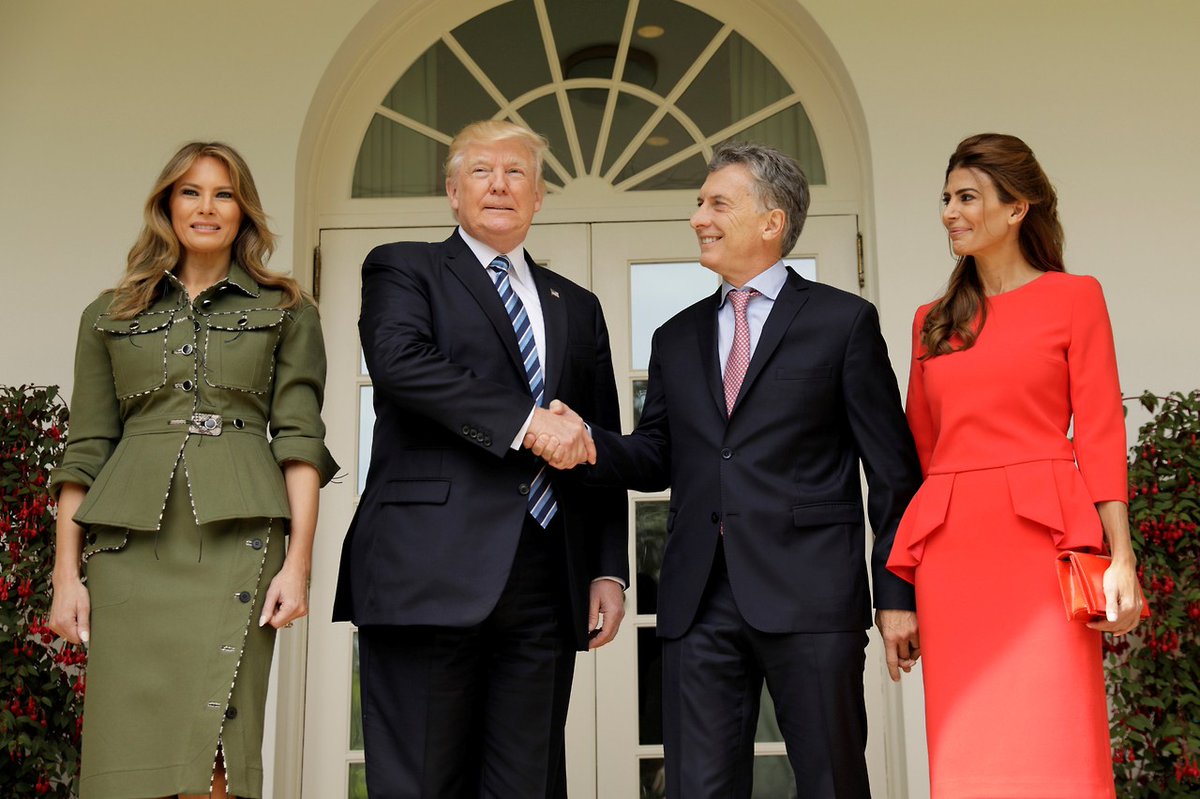
EspañolThe impact of the meeting between Argentina President Mauricio Macri and United States President Donald Trump this week is already taking shape, as new policies and information have come to fruition regarding the past and future relationship of the two nations.
Lemon imports
The province of Tucumán, a major citrus producer, was seriously hurt by Trump’s decision to cancel lemon imports from Argentina.
The topic was an expected point of conversation between the two, with one journalist even asking Trump if the imports would be reinstated considering that he was such good friends with Macri.
“Let’s talk about it,” Trump said. “I’ll tell you about North Korea and he’ll tell me about lemons. It’s all about lemons. It’s a big deal.”
The meeting ended with a promise from Trump to review the measure, and a few hours later an announcement came out saying the trade stall had been lifted.
The Secretary of Commerce has reportedly already confirmed that lemon trade has the go-ahead to resume operation.
Argentina enters the Global Entry Program
Beginning in May, visitors to the United States from Argentina will be part of the Global Entry Program of Reliable Passengers, allowing for a simpler and more expeditious entry into the country.
Trump reportedly explained the deal to Macri, and both leaders signed a document to make it official.
Argentina is the tenth country to enter the program, which is intended to facilitate trade and tourism while also ensuring that United States border security officials are focusing their time and energy on the highest possible risks.
Declassification of dictatorship-era archives
Continuing former President Barack Obama’s policy of declassifying documents related to the last military dictatorship in Argentina (1976-1983), Trump gave Macri 931 documents that were until then being held confidentially by the State Department.
The intelligence reports reportedly show the different strategies that were being evaluated with the Argentine government of the time, as well as concerns over human rights violations and the United States’ fear of a military government’s relationship with the Soviet Union.
 Versión Español
Versión Español












